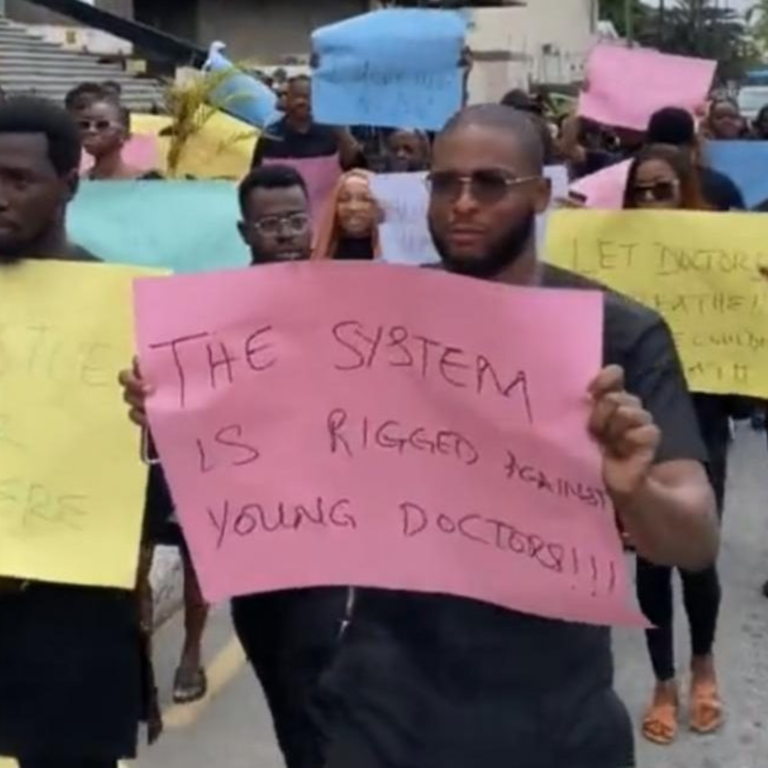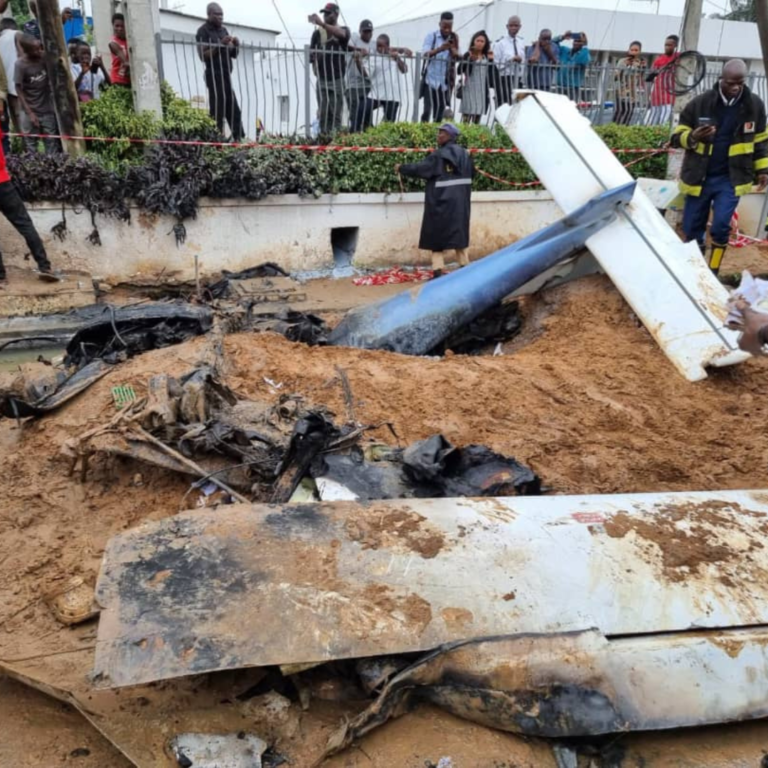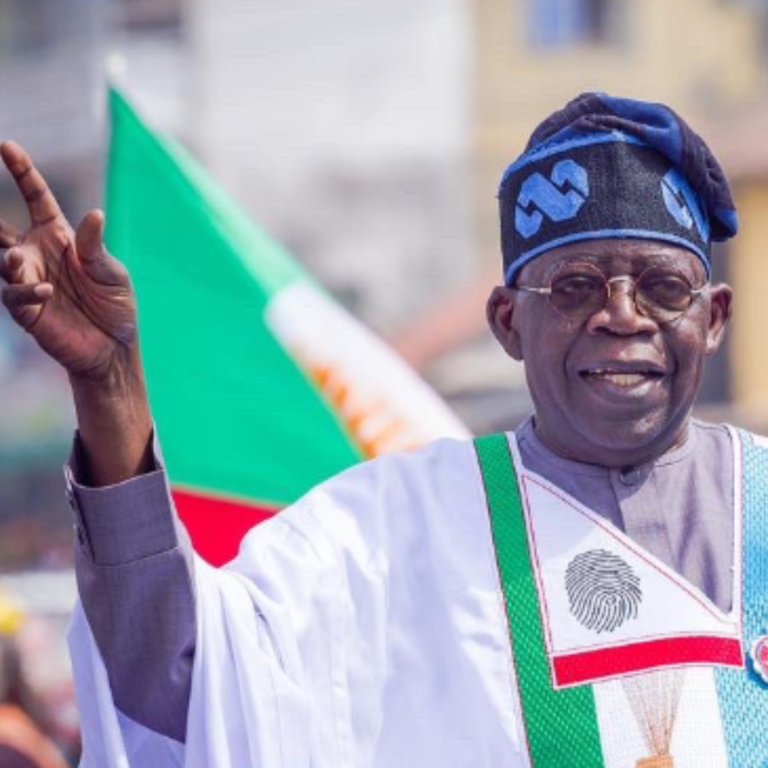Early morning on March 9, 2023, a BRT bus containing Lagos state staff was involved in a ghastly accident, colliding with a moving train.
Eyewitnesses say that the collision happened around PWD, Ikeja, but the train dragged the bus to the Shogunle area of Lagos, a 5kms distance.
Unfortunately, an ambulance didn’t come until 45 minutes later. First responders tried to take the victims to nearby hospitals, but two people were already dead.
Investigations by the Lagos State Emergency Management Agency (LASEMA) have revealed that the accident was caused by the driver trying to beat the train’s traffic signal. Unfortunately, this recklessness has cost people’s lives and put many others at risk.
We’ve seen this before
Sadly, this isn’t the first time an accident of this nature has occurred, especially around the Ikeja axis.
2020
Just after the COVID-19 lockdown, an accident involving a moving train, a bus and a Toyota SUV happened near the Nigerian Army Shopping Arena in Oshodi. In the SUV was a trader and his son, who parked beside the tracks, waiting for the shopping arena to be open for business.
Unknown to him, meters away from their parking spot, a train collided with a bus and dragged it along the tracks. Unfortunately, before the man could move his car to a safe distance, the train hit it and carried the bus and SUV along the tracks before coming to a complete stop.
The trader lost his life, and his son was seriously injured in the accident.
2019
On January 10, 2019, at the Ashade railway crossing around Agege-Ikeja, Lagos, a train skidded off its tracks and killed one person, leaving many others injured.
The Nigerian Railway Corporation (NRC) responded almost immediately to re-rail the train and repair the track, but if regular maintenance had been carried out in the first place, an innocent man wouldn’t have lost his life.
2018
In March 2018, also around Ikeja, a National Youth Service Corps (NYSC) member, Nneka Odili, on her way back from the secretariat, lost her life in a train accident.
The young lady was walking on the railroad tracks with her headphones plugged in and couldn’t hear the horns from the approaching train. She didn’t survive the injuries sustained from the accident.
According to Statista, hundreds of train accidents happen in Nigeria, and the leading causes are locomotive failure, derailment or detachment.
However, it’s important to note that the personal responsibility of citizens should be taken into account. It’s always better to believe that a train is just around the corner whenever you step on a track. Some people think they can be faster than a train, but your village people can be around the corner, so why risk it?
It’s time for the government to think seriously about how they can reduce the occurrence of rail accidents, and here are some steps that can be implemented.
Routine maintenance of rail tracks
One of the leading causes of train accidents is derailment. There will be fewer accidents if the government invests properly in developing the rail transport sector and maintaining it.
Use of barricades
Fences and barricades should be used to cover railway tracks. This way, the chances of people selling, walking or trying to drive through indiscriminately would be reduced.
Use of signals
Our train tracks usually have flagmen that indicate with their whistle when a train is on its way. But this practice is old-fashioned and has clearly proved to be ineffective. So, reflective lights and signals should be put at every crossing, and reflective tapes should also be placed on cabins to indicate to every passerby that a train is on its way.
Hopefully, the government will take action this time to permanently stop these accidents that could have been easily preventable.




